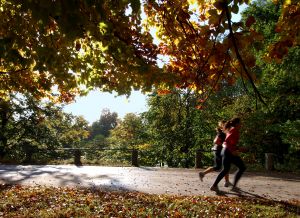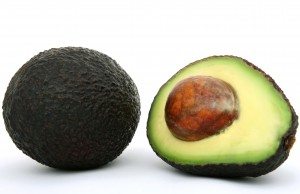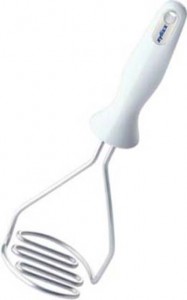 This week, Dr. Richard M. Kline, Jr. of The Center for Natural Breast Reconstruction answers your question.
This week, Dr. Richard M. Kline, Jr. of The Center for Natural Breast Reconstruction answers your question.
QUESTION: I had breast cancer twice, and one of my breast implants got a bad infection. My implants had to be removed, and I’ve left them that way since. Now I’m 58 years old, and I’d like to have reconstruction. Is this possible for me at my age and after an infection?
ANSWER: Thanks for your question. While I cannot obviously make precise predictions about our ability to help you without knowing a little more, I can tell you that your situation is actually a very common one. Fortunately, a history of failed implant reconstruction has very little impact on our ability to subsequently reconstruct you with your own tissue, and we have successfully reconstructed many, many women in your situation. If you wish, one of us can give you a call to discuss your situation further, and we can go from there. Have a great day!
— Richard M. Kline, Jr., M.D.
Have a question about breast reconstruction or post-surgical care you’d like answered from our surgical team? Just ask us!















